Luxury travel has always sold status. Now it sells control. Private jets, beachfront suites, silent transfers, none of it matters if it can’t be triggered instantly. That’s where the shift is happening. Technology isn’t dressing up the experience. It’s running underneath.
iGaming Is Quietly Entering the Luxury Stack
Digital entertainment is no longer treated as downtime filler. Travellers at the top end want premium access to platforms that match their spending habits. That includes iGaming and sports betting in Malaysia, where the appetite for discreet play intersects with high mobility. Top-tier platforms have started optimising for this segment, as mentioned by industry expert Brett Curtis, with live streaming, in-play bets, and odds on popular Malaysian sports.
Private villas and business hotels are no longer just offering high-speed Wi-Fi. They’re building digital environments where premium guests can access live games, exclusive tables, and international sportsbooks in a single login. The infrastructure is there: encrypted traffic, smart device pairing, and seamless wallet integration, including crypto. Nothing flashy. No onboarding noise. Just one-tap access for users who already know what they want.
Sports betting is growing under that same umbrella, especially during high-stakes events where international guests expect frictionless access to major fixtures. The play is less about mass adoption and more about precision packaging for a traveller already conditioned to expect discretion.
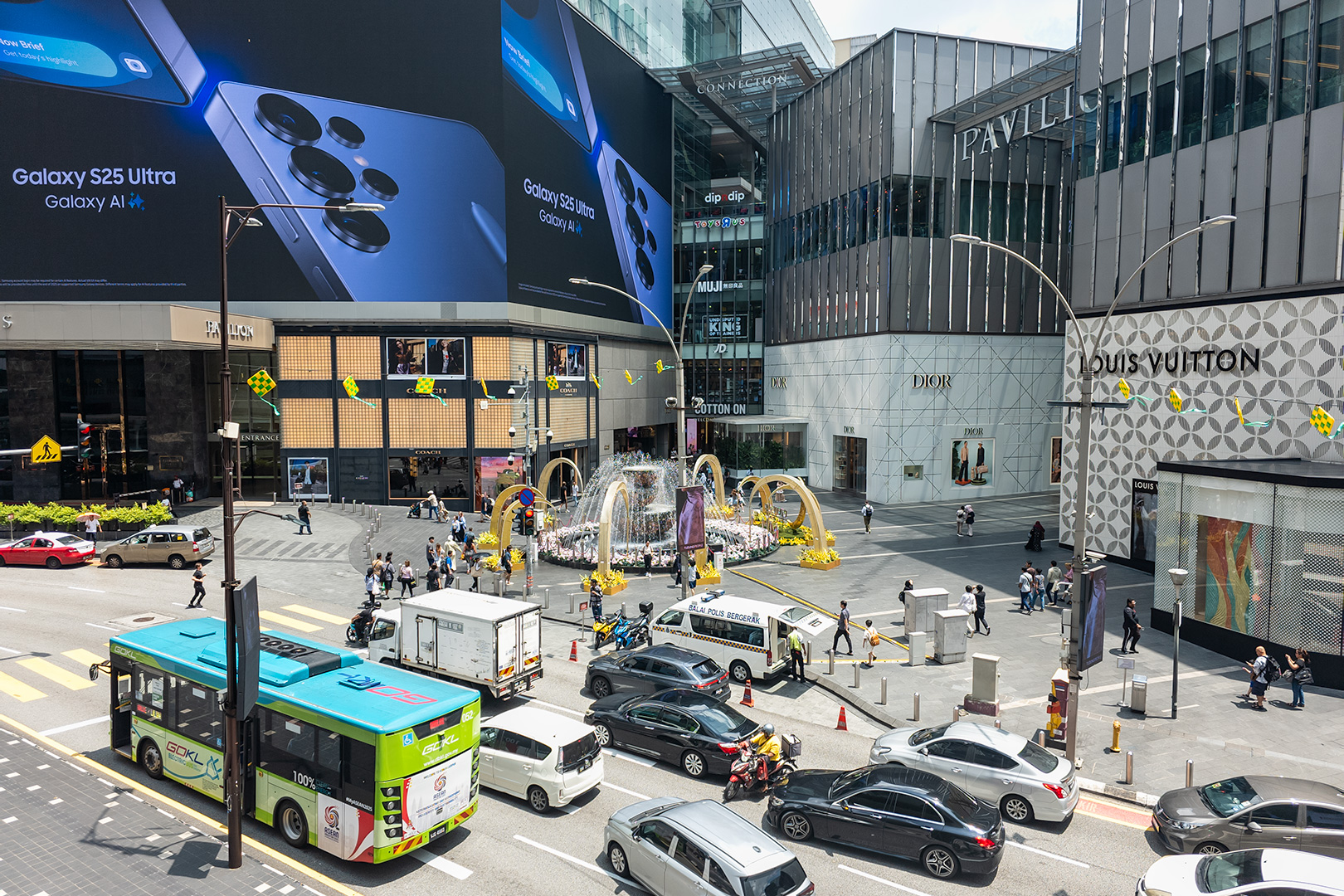
The Concierge Desk Is No Longer the Centre
Concierge service has moved to the background. The modern traveller doesn’t ask. They tap. Requests are made via the app, synced across properties, and delivered without the face-to-face handover.
Hotels in Kuala Lumpur, Penang, and Johor Bahru have shifted from fixed-desk service models to integrated guest platforms. Room upgrades, spa bookings, and airport transfers are automated. Some systems now pre-empt the request based on historical behaviour. If a guest always books a post-flight massage or late check-out, the platform offers it upfront. This isn’t about replacing staff. It’s about removing the lag. Technology does the remembering. Guests just confirm.
Jet Booking Is Being Rewritten in Real Time
The idea of chartering a jet used to be slow by design. That’s changed. Travellers are booking light aircraft and mid-size charters with the same effort it takes to call a ride. Malaysia’s outbound market into Thailand, Indonesia, and Singapore is feeding this. Private flyers, especially founders, fund managers, and politically connected families, are using real-time charter apps that show pricing, availability, and route options instantly.
The older playbook with brokers, email chains, and delayed confirmations has been replaced with live dashboards and transparent terms. Most of the heavy lifting now sits in the backend: emissions calculations, crew logistics, and regulatory filings. The user just picks and pays.
Premium Ride-Hailing Is Now a Soft Expectation
Luxury starts at arrival. Ride-hailing platforms have learned that fast. Premium tiers aren’t offered as upgrades. They’re presented as defaults. That includes German sedans, multilingual drivers, live flight tracking, and vehicle preconditioning.
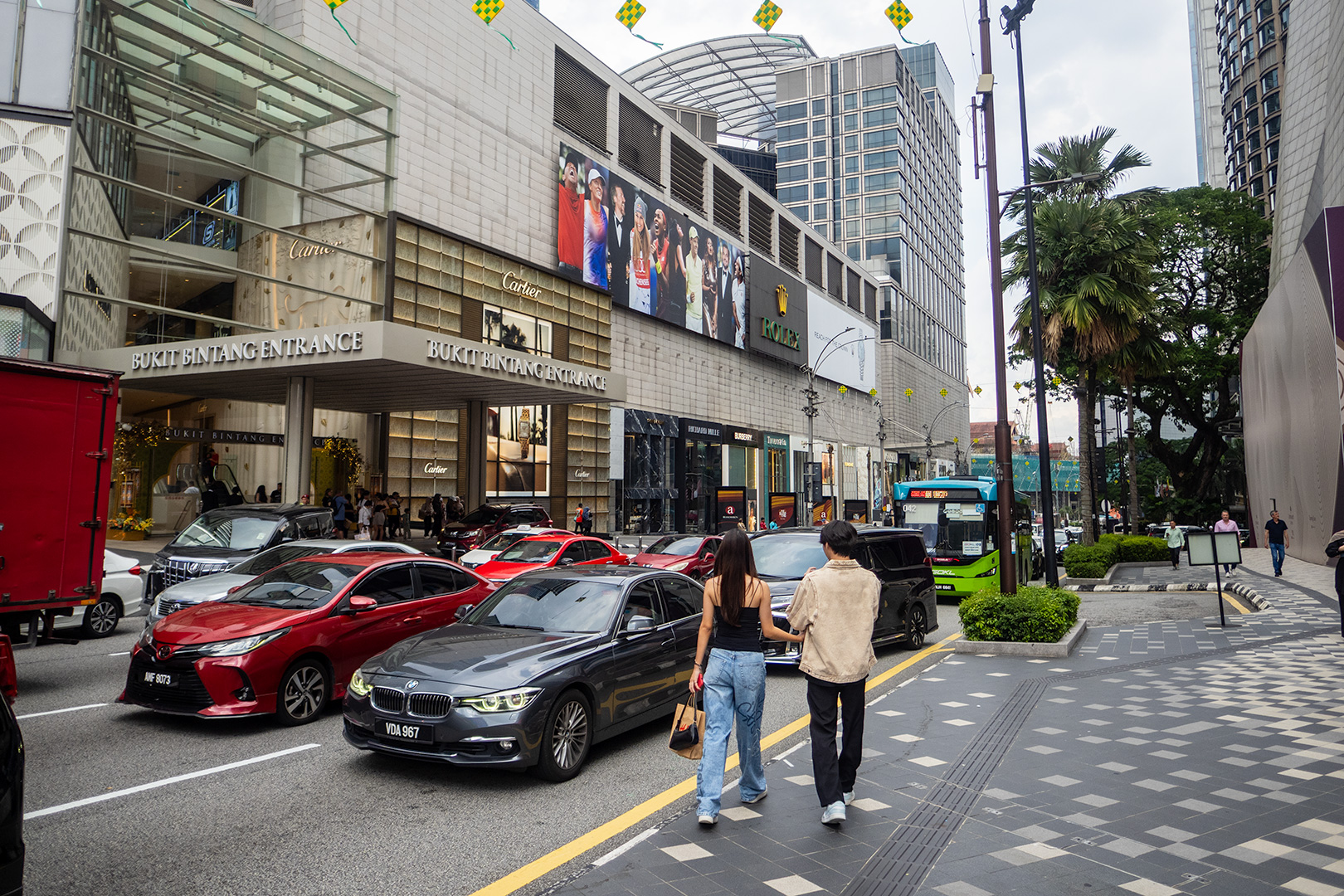
It’s already live in Kuala Lumpur and moving into secondary cities. Guests arriving at KLIA no longer want to wait for a hotel shuttle. They want a silent, climate-controlled transfer that integrates with their travel app and syncs with any delays. Some hotel groups are embedding ride APIs directly into their booking flow. The moment a guest confirms a stay, a private transfer is queued. It feels native because it is. No handover. No queue.
Rooms Are Getting Smarter Without Saying So
Luxury guests don’t want to be shown smart features. They want them to just work. The new build standard for five-star properties includes sensor-triggered lighting, climate routines tied to external weather conditions, and sleep settings that shift based on timezone data.
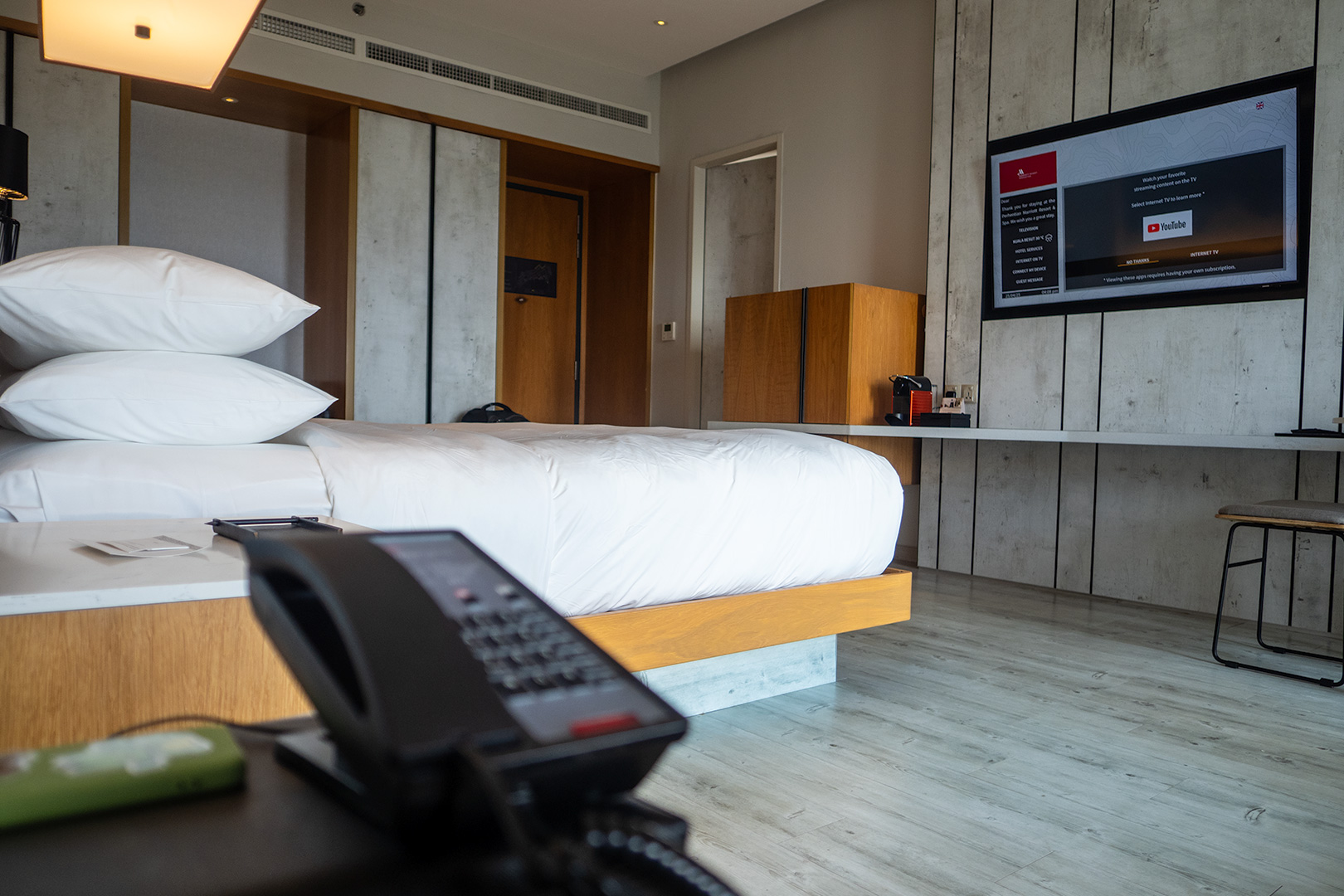
In Langkawi and Desaru, resorts are fitting out rooms with ambient controls that respond to user habits. Curtains close as the sun hits. AC adjusts when motion sensors go idle. Voice isn’t required. Interaction is minimal by design. Operators aren’t pitching these features. They’re folding them into the baseline. The goal isn’t to impress but to remove manual input from the task altogether.
Access Is Becoming Tokenised
Digital access isn’t a gimmick anymore. It’s the new loyalty model. Premium memberships, whether tied to resort groups, private clubs, or air charters, are now delivered through tokenised credentials.
In Malaysia, several early-stage ventures are testing this with NFTs or secure QR wallets that unlock priority access, guaranteed upgrades, or direct concierge lines. No emails. No codes. Just scan and enter. This is being positioned not as crypto hype, but as a smoother version of the same promise: access without friction. It’s already operational in Bangkok and Jakarta, and early adopters in Kuala Lumpur are folding it into their tiered guest ecosystems.
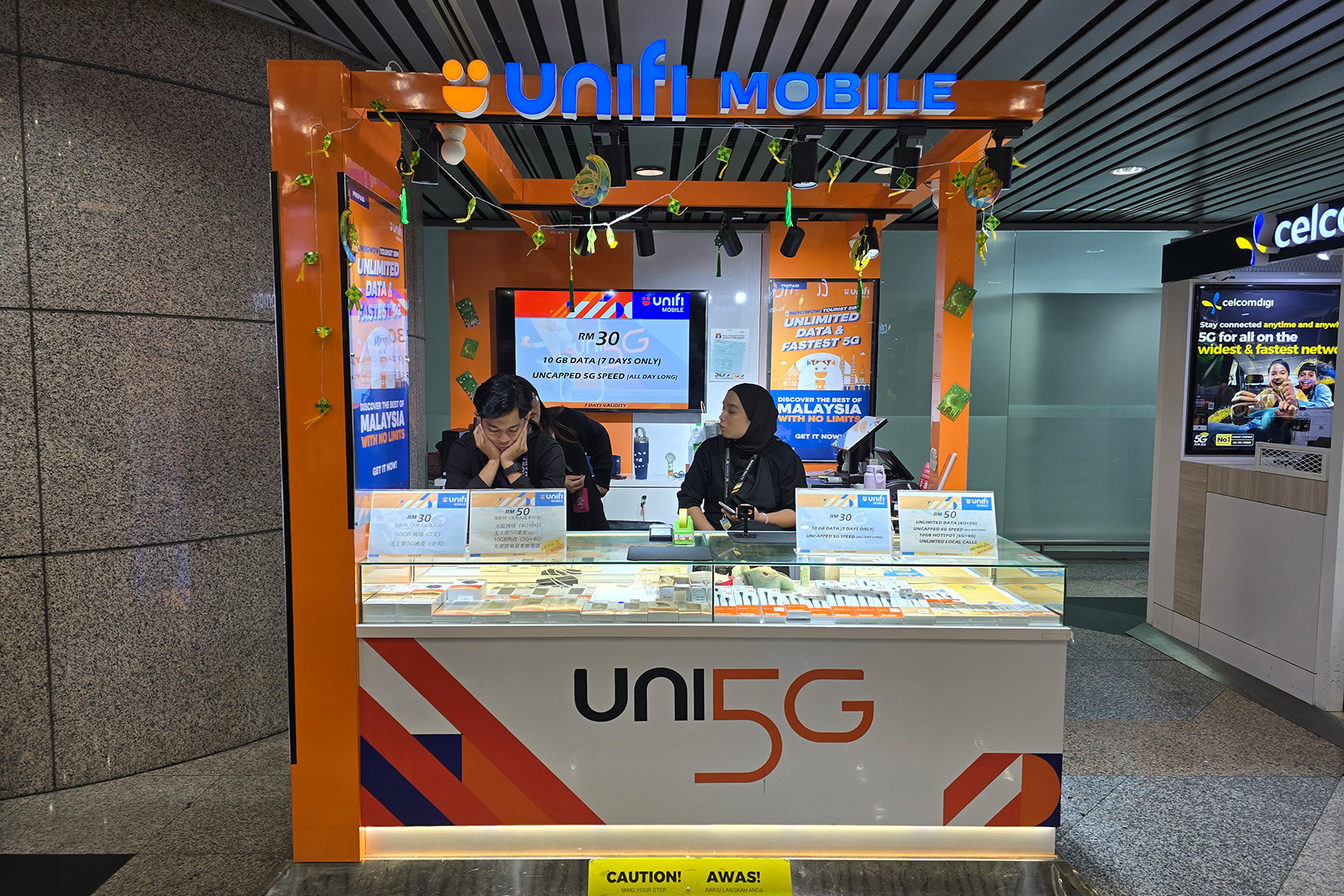
Wellness Is Getting a Clinical Backbone
The wellness sector has evolved past aromatherapy and massage menus. Guests now arrive expecting diagnostics. Blood panels. Sleep data. Hormonal tracking. Properties in Langkawi and Johor have started offering full biometric onboarding. Guests submit data through secure platforms, and in-stay programs are built around it. Room lighting, meal timing, and activity blocks are mapped to the guest’s circadian rhythm.
Medical partners aren’t presented as vendors. They’re integrated silently into the wellness flow. It’s no longer spa-based but systemised, and for luxury travellers already deep into optimisation culture, that’s exactly the point.
Spend Is Becoming Invisible
Payments have moved fully behind the curtain. There’s no room for check signing or card swiping in the premium segment. Guests expect everything from room upgrades to wine pairings to be handled digitally, without pause or confirmation.
Wallets are connected on arrival. Add-ons are tracked in-app. Bills are finalised post-checkout with no verbal interaction. Crypto is offered on request but not advertised. It’s the same mindset as private aviation: no paperwork, no processing delays. Just cleared access, instantly fulfilled.




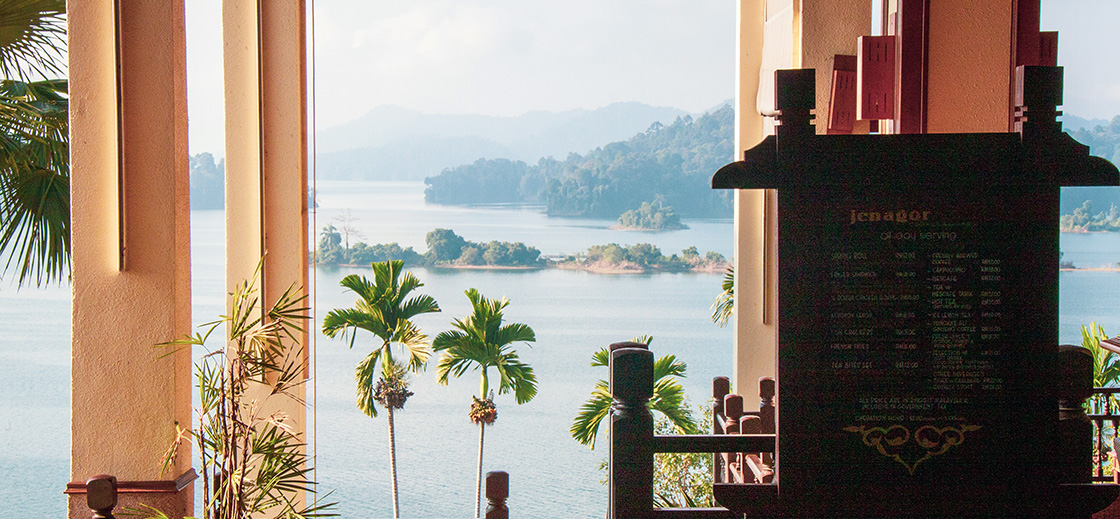

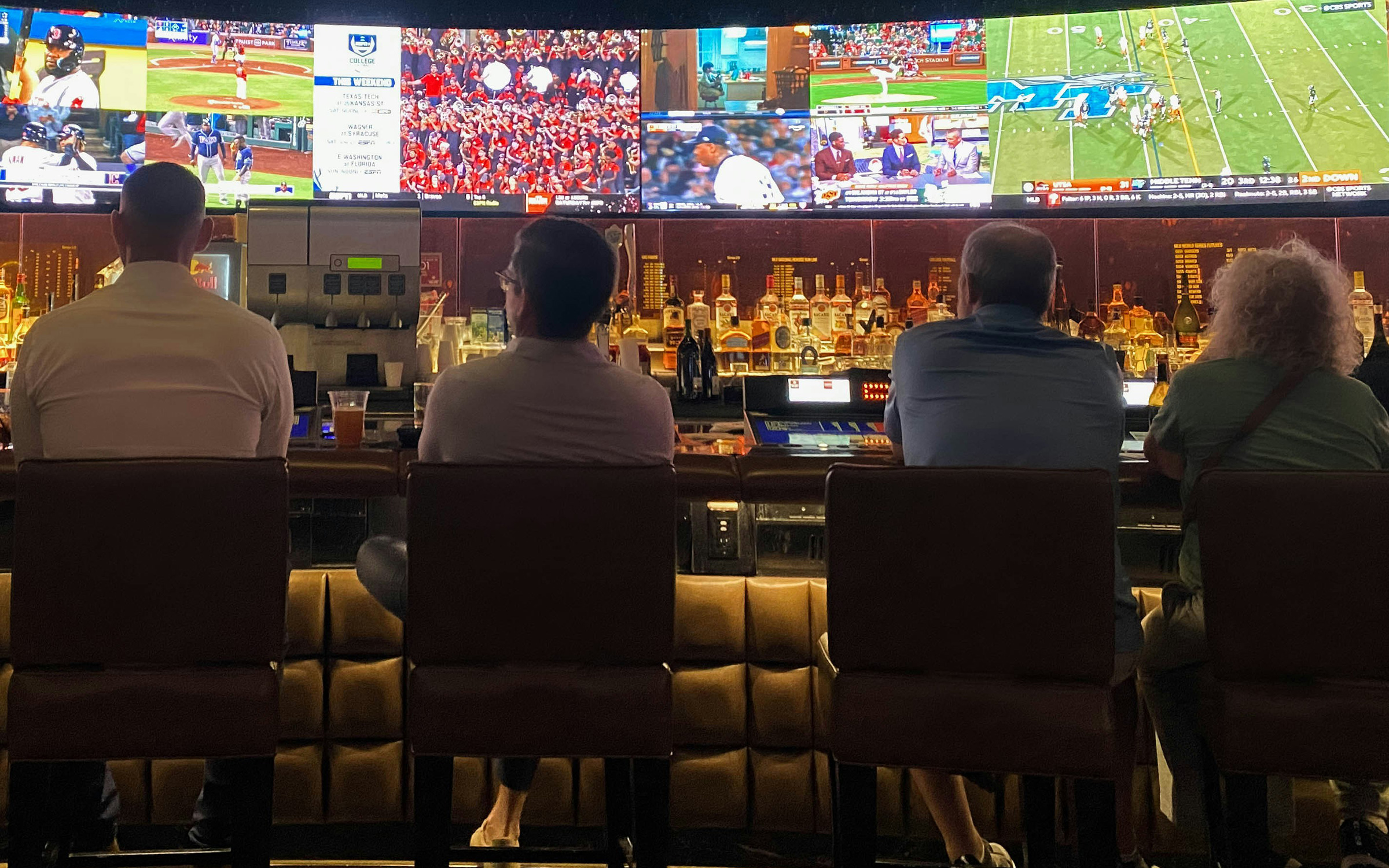

lufkin
8 months ago
July 3, 2025 at 10:03 am
Technology is revolutionizing luxury travel in Malaysia, offering personalized and seamless experiences through AI, VR, and smart devices. From AI-powered concierge services to immersive virtual tours, travelers enjoy unmatched convenience and comfort. Even behind the scenes, innovations like ductwork cleaning and sealing ensure premium air quality in luxury resorts and private jets. Mobile apps and IoT enable real-time customization, while cashless payments and biometric systems enhance security. Sustainable tech, like solar-powered villas and electric limousines, aligns luxury with eco-consciousness. Malaysia’s high-end hospitality sector leverages these advancements to redefine opulence, blending cutting-edge innovation with timeless elegance for discerning globetrotters.
deepseeksguides
4 months ago
October 21, 2025 at 5:36 pm
I really appreciate how this article showcases the role of technology in transforming luxury travel in Malaysia. It’s inspiring to see innovation enhancing comfort, personalization, and overall travel experiences. Kudos to the team for highlighting these advancements!